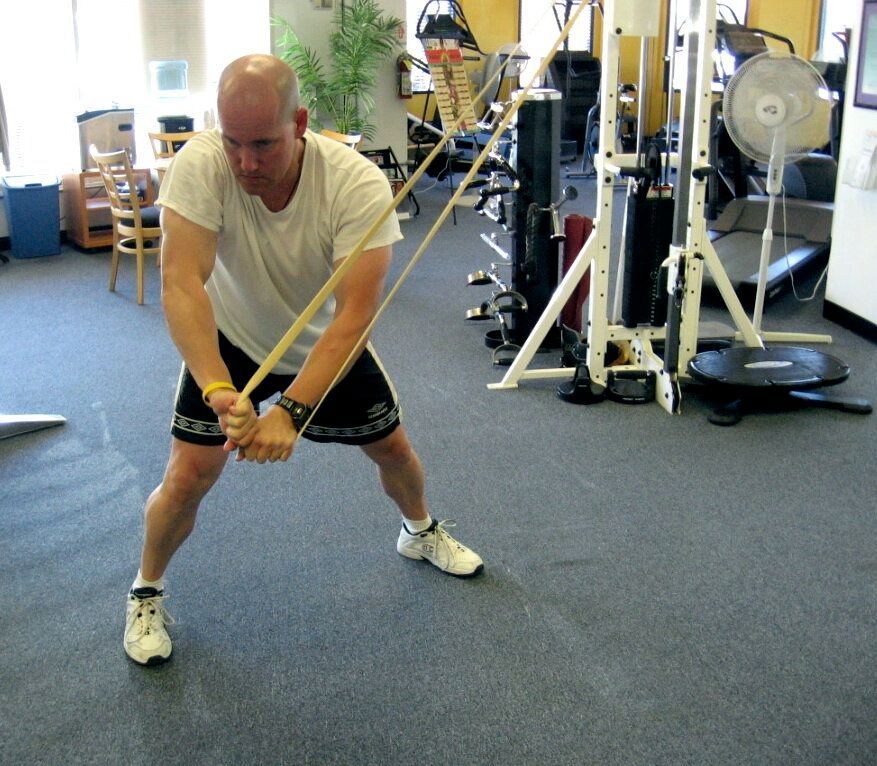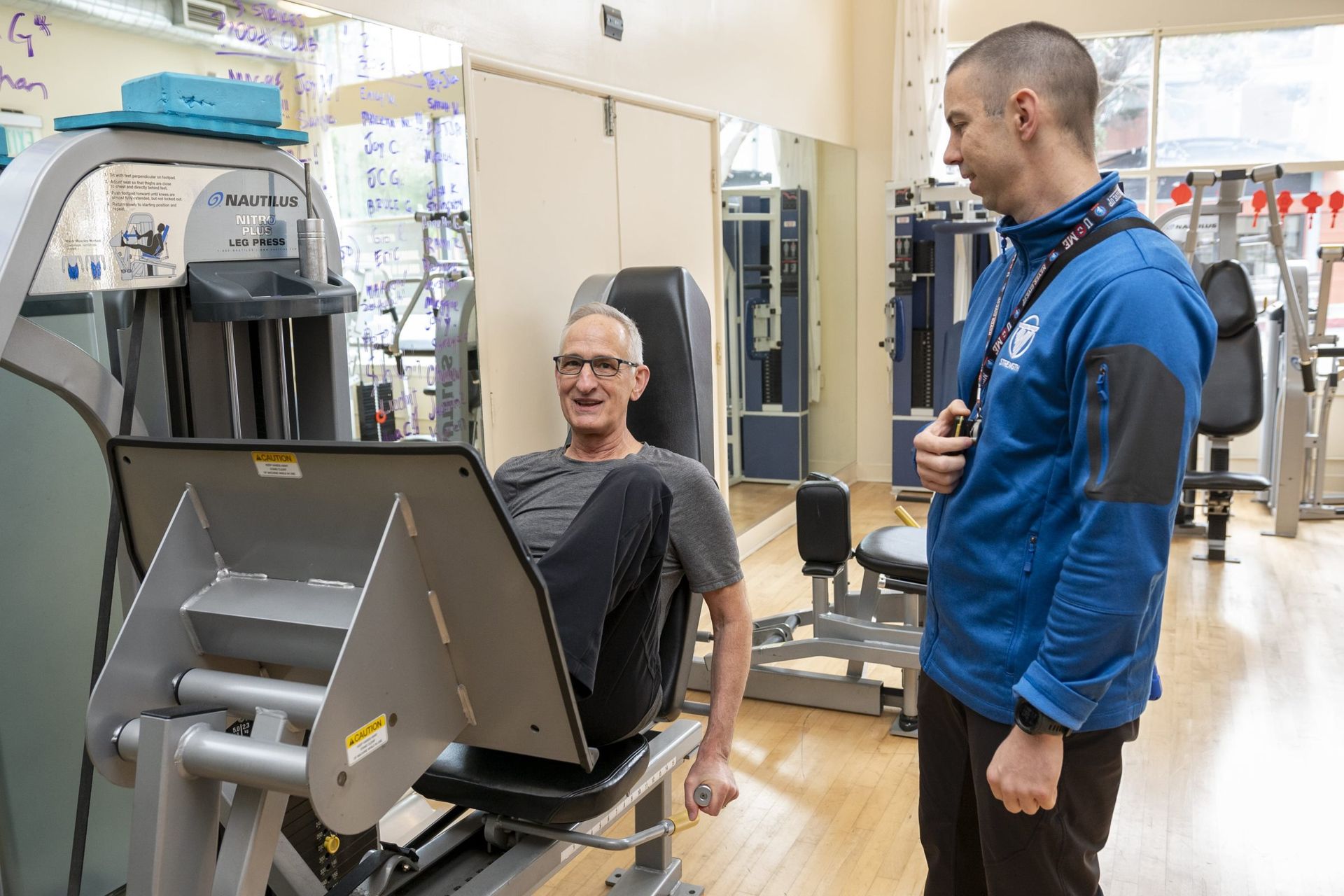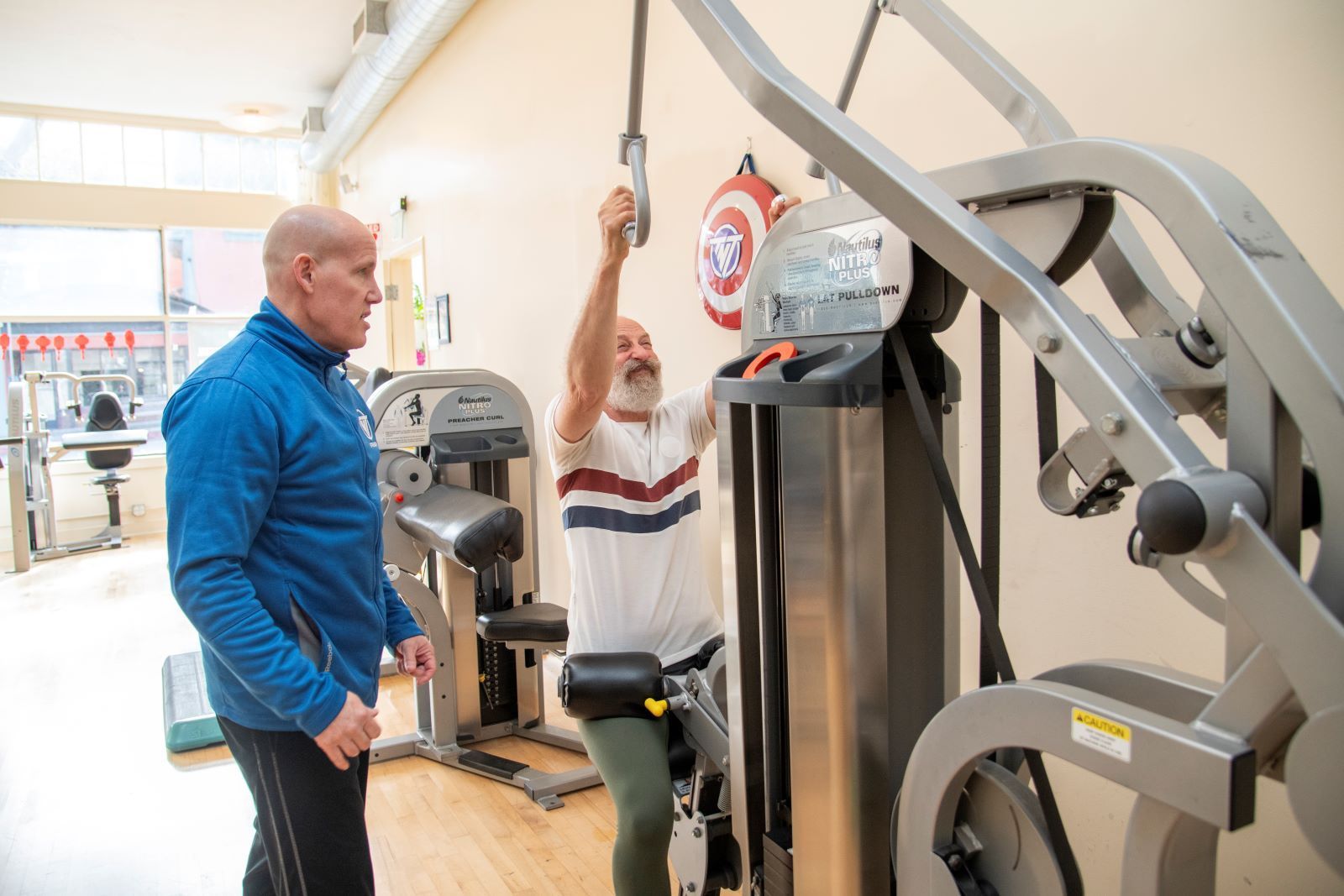Secrets to Performance Enhancement: (Part Three)
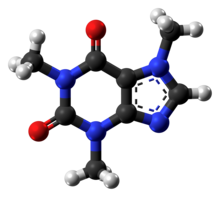
Caffeine is a common substance in our culture. For many it is an indispensable part of their daily lives when consumed in the form of coffee, tea and related beverages. Add to this the recent surge in the popularity of “energy” drinks such as Red Bull and the seemingly hundreds of copycat beverages and you can see the prevalence of this simple yet powerful substance. Putting the pure love that so many seem to have acquired for the comforting taste and soothing aroma of fresh brewed coffee aside for a moment, let’s look at what caffeine may or may not do for us as athletes or just health-minded fitness enthusiasts.
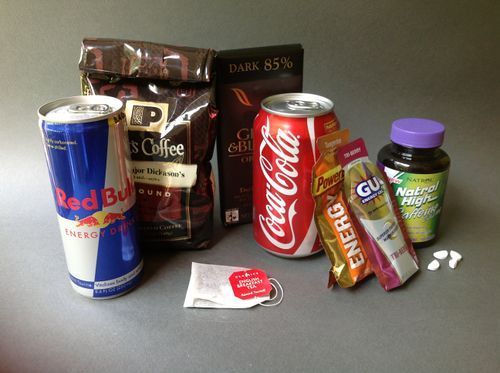
A quick search for caffeine on the internet will produce literally millions of hits. If you refine your search you will quickly and easily find research which points to the good, the bad, and the ugly of caffeine. Remember, although caffeine can be a naturally occurring substance found in many different plants (over 60 at last count) it is classified as a drug by the F.D.A. (among others) due to the potentially profound effect it may have on the central nervous system . As with just about any drug there are three ways to play with caffeine; you may use it, misuse it, or abuse it. Let’s take a look at some of the reasons one may or may not choose to use caffeine.

For years (probably thousands of years if not longer) caffeine in its natural forms has been used as a stimulant to increase alertness and combat fatigue. Caffeine can have a profound impact on athletic performance improving both endurance events by increasing the time it takes to reach fatigue, as well as power related events through increased arousal and acute increase in momentary strength output.
From a basic health standpoint caffeine intake increases the release of catecholamine’s (adrenaline, nor-adrenaline, dopamine), and related hormones and can also increase free fatty acid (FFA) mobilization from fat cells. This means that caffeine, through its impact on Dopamine, may increase feelings of pleasure and well–being as well as help your body use fatty acids as fuel. Recently there have even been studies which suggest that long-term caffeine ingestion actually lowers the risk of developing type II diabetes and several large studies have shown that caffeine intake is associated with a reduced risk of developing Parkinson’s disease (PD) in men (studies in women have been inconclusive.)

Some “experts” claim that coffee (or caffeine) should be avoided because of the insulin response that ensues. What they are trying to imply is that caffeine use may inhibit the way insulin acts or reacts in the body and somehow interfere with the delicate hormonal balance that allows the body to burn fat etc. This is shown to happen with acute intake in some cases. Depending on personal sensitivity, caffeine misuse may also lead to interrupted sleep patterns, irritability, and other minor unpleasant side effects.

Long term caffeine use in high doses may cause a number of unpleasant syndromes to occur including extreme sleep pattern disruption and even anxiety disorders. In acute overdose situations something called caffeine intoxication may occur. A higher intake of caffeine (more than about 4 cups a day) may be associated with miscarriage and should therefore be limited or avoided during pregnancy.
After extended and consistent ingestion the body may become attenuated to the effects of the caffeine. This may bring about several unpleasant side effects. The first is that higher doses will be required to attain the desired effects. There also seems to be a break over point where increased intake will fail to provide the former level of stimulation that was previously achieved when taken less frequently and in smaller amounts. The second is the potential for a withdrawal reaction to occur which may include symptoms such as headache, irritability, an inability to concentrate and stomach aches. These symptoms may appear within 12 to 24 hours after discontinuation of caffeine intake, peak at roughly 48 hours and usually last from one to five days.
So what now?
Caffeine is probably the most-used legal drug in the world. According to some studies, 90% of adults in North America consume products that contain caffeine on a daily basis. This does not include the increasing number of younger people who consume caffeine in the form of sodas, energy drinks, and sweetened coffee beverages.
Like any drug, caffeine may be used, misused, or abused. Each person must decide for themselves if caffeine (whether in the form of beverages such as coffee, tea, or energy drinks or in another supplemental form) is something they enjoy. Further, as an athlete or fitness enthusiast one may explore caffeine use to determine it’s potential benefit to their personal performance levels. Most important of all, if one decides to experiment with caffeine as an ergogenic aid or for other reasons, keep in mind the potential risks listed above and strive to discern gradually your own tolerance levels.
The moral of the story is that athletes (and regular folks) can use caffeine and/or coffee to their distinct advantage for performance and body composition improvement. In addition, regardless of the population in question, coffee can actually improve insulin sensitivity over the long-term, which is likely due to its various beneficial non-caffeine phyto-nutrients. As with most drugs or drug like substances use caffeine intelligently and in moderation and you should enjoy the potential benefits while reducing the risk of any negative side effects.
TAKU
TAKU’s NOTE: Elements of this article were compiled from excerpts from the book
“Knowledge and Nonsense”
The Science of Nutrition and Exercise chapter 3.
Experience the TNT Strength difference with a free workout.
START YOUR FITNESS TRANSFORMATION WITH A
FREE WORKOUT
Complete the form and we'll set up an appointment for you.
Recent Articles






